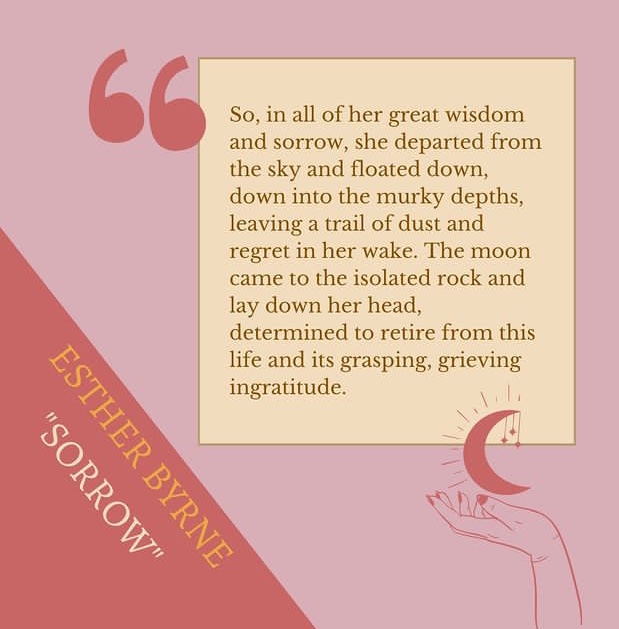
I’m very passionate about nature, and it’s a key influence that’s always cropping up in my work, my head, my heart… a constant part of me.
It brings me great joy and peace; it helps me stay calm. It reminds me that I live in a world designed with incredible detail, and much of it is detail I can’t see. There are entire micro-worlds hidden below the soil and nestled in the hollows of trees that I may do my best to notice and consider my impact on, but sometimes, inevitably, fail to see.
For every tiny bug I do see, there are a thousand more I do not.
And that’s alright, because nature is much greater than I am and always tells the truth.
But sadly, that truth is often cruel and upsetting. Some of it is meant to be that way, but lately, there is more and more of it going wrong. Habitats destroyed, seasons changed, people displaced.
The world is literally on fire.
For me, this is something I’m very passionate about stopping, and thankfully, many people feel that way too. There is a great deal of talk online and in the news about how we will combat the climate crisis.
But I often find myself wondering about perspectives outside the human one. How would nature speak about it if it had a voice? The trees, the animals…
…the moon?
I’ve always loved the moon and preferred it to the sun. It has a sad, quiet beauty about it, faithfully bringing in the night and receiving a great deal less credit than its large fiery counterpart.
In many languages and cultures the moon is depicted as female (excluding German), and much has been written about the cycles and romance of the moon, watching over us like a beautiful goddess.
In my story, I give her the chance to speak directly on climate change. She loses none of her traditional gentleness; it is more that it is now accompanied by exhaustion and sorrow. She has served us faithfully and she is tired because we will not listen.
This is a dark tale and it doesn’t end on a hopeful note. As a Christian, I always have hope for people and for our planet, so this is intended as more of a warning/examination of what will happen if we lose hope and compassion for our land entirely.
It is a speculative piece that invites the reader to consider the consequences of extinction – of our plants, animals, crops.
To consider the importance of kindness.
That if we are kind to the natural world, we are in turn, kind to the moon.
And there is only so much she can take.
You can read my story here: https://thebloomreview.wixsite.com/stlyouthlitmag/esther-byrne